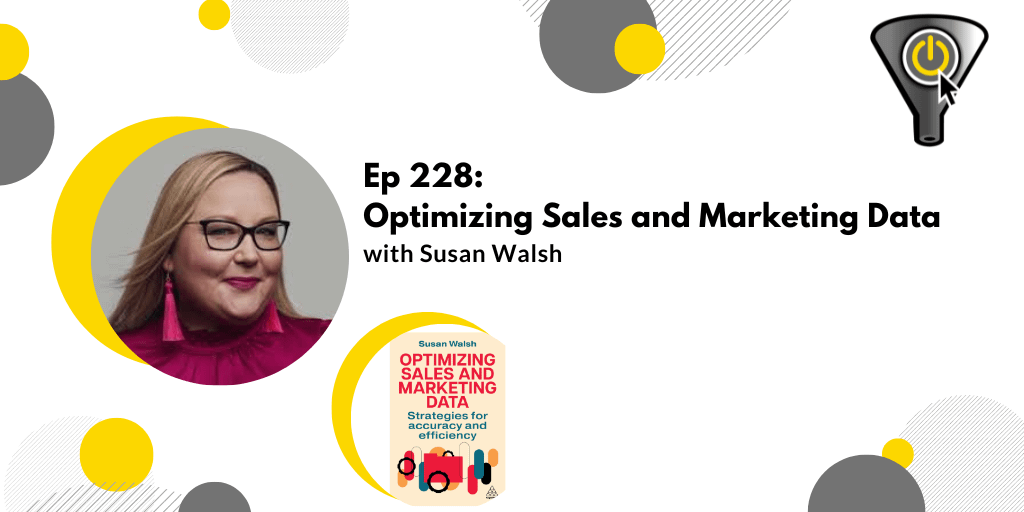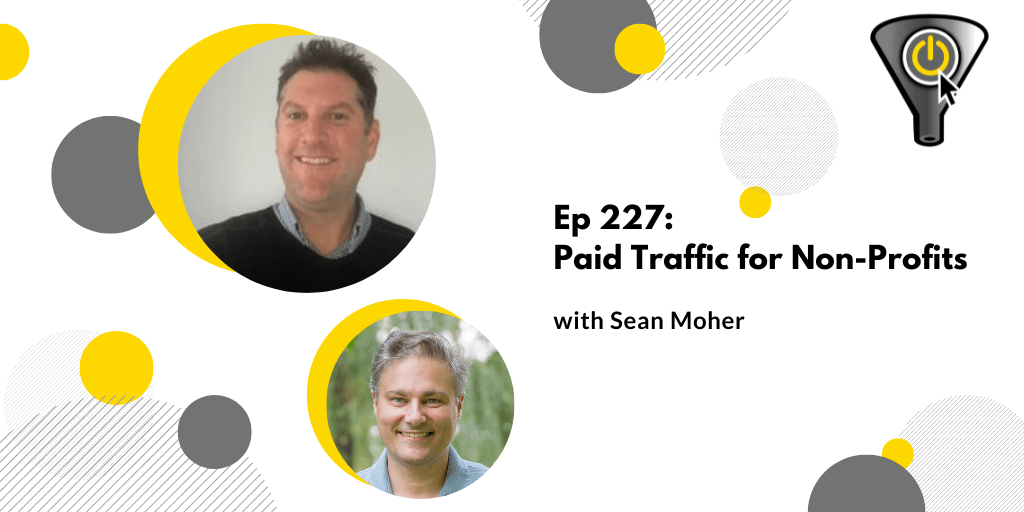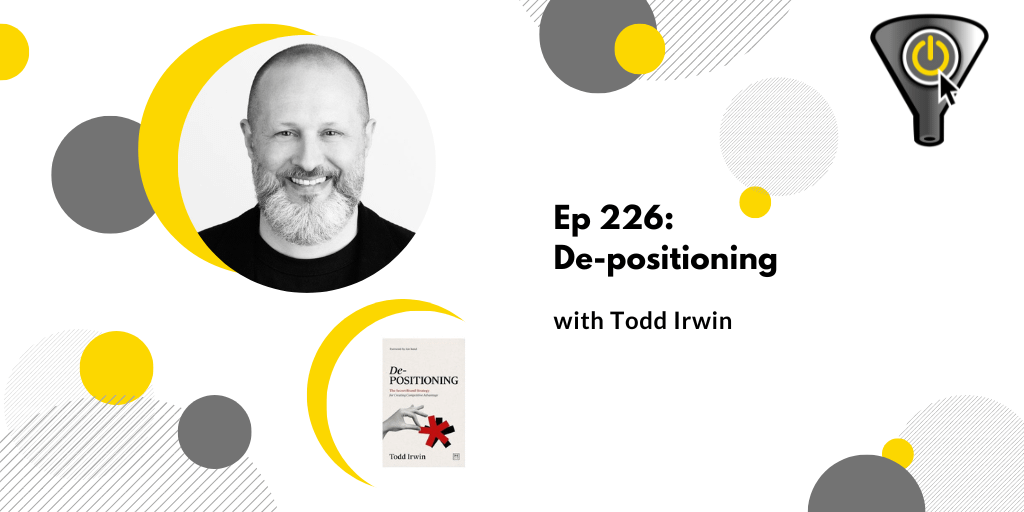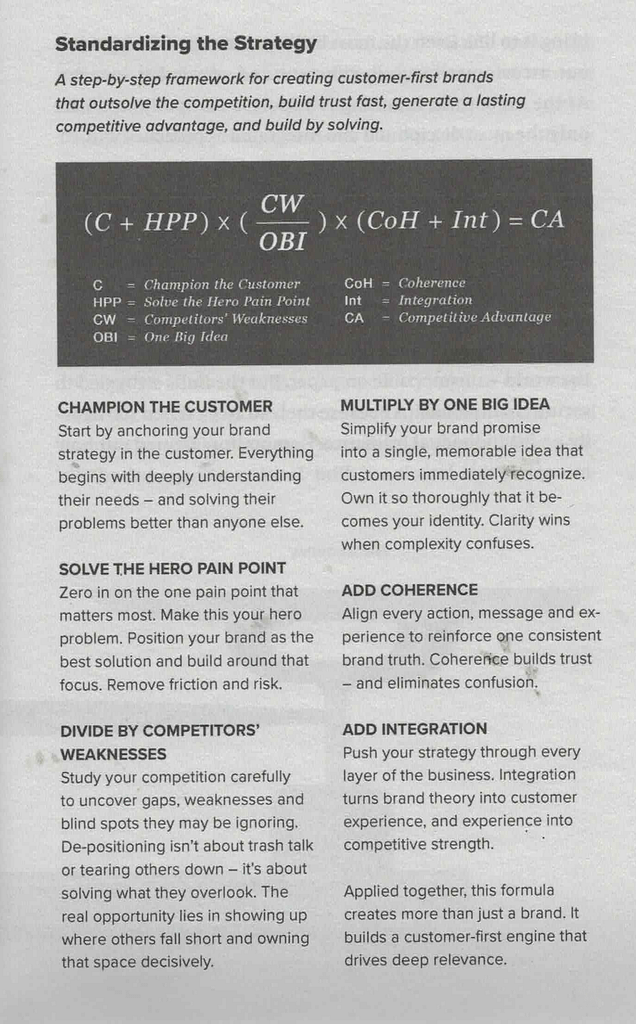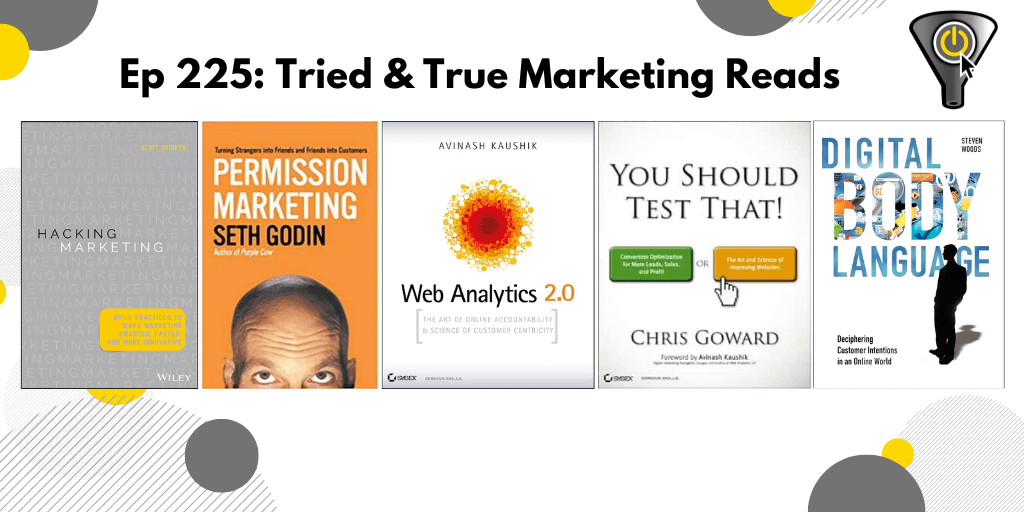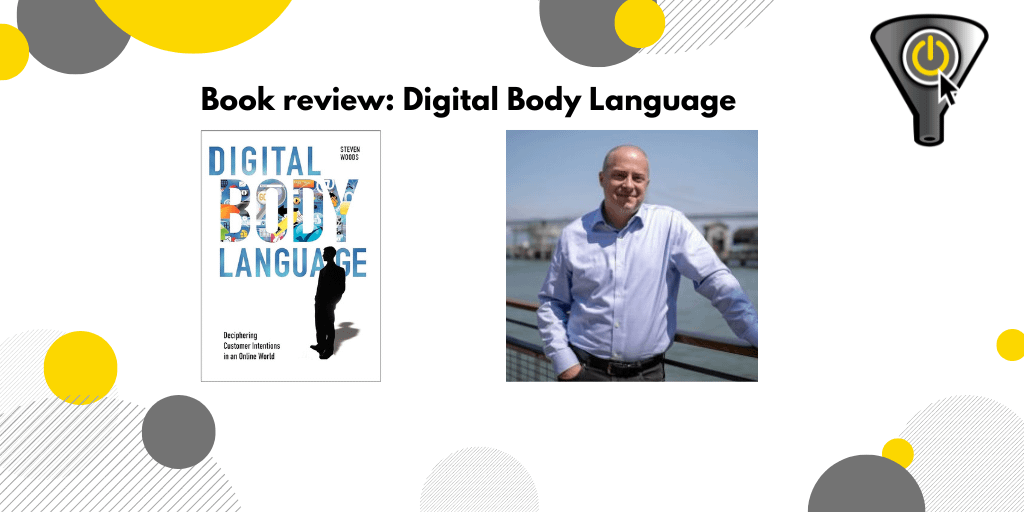Episode 228
To enjoy the wondrous technologies we have today, we first had to grasp the science behind them. Science is built on good data—but did you know that bad data delayed one of the most significant inventions of the last 150 years? The engine at the heart of every plane, train, and automobile was held up for decades simply because of how records were kept.
For millennia, we’ve known that combusting fossil fuels releases immense power. By the 1700s, scholars realized that if the gases trapped within those fuels could be ignited predictably in a chamber, they could create an internal combustion engine. To do that, however, you’d need to know the exact nature of every gas—the fuel composition, the air-to-fuel ratio, and the necessary heat resistance. Without those specifics, an engine stays on the drawing board.
That didn’t stop scholars from trying. They studied gases under various pressures and charted their results in massive tables. Robert Boyle recorded values when temperature was constant; Jacques Charles did the same for volume. But despite all this data, we weren’t getting closer to a functional engine. Using tables to capture every possible variable was inefficient—we needed a universal rule.
In the early 1800s, physicist Émile Clapeyron compiled these century-old tables with recent findings from Amedeo Avogadro. By consolidating these scattered sources, he realized they all pointed to a single law governing gas behavior that had been buried in the noise. This was the Ideal Gas Law. With it, engineers could finally calculate exactly what an engine needed, moving from theory to the rapid production of the vehicles we use today.
Your marketing and sales data is likely in the same shape as those old tables. It may contain breakthrough ideas for growth, but they will remain hidden as long as your data is disorganized. Just as it worked for the scientists of the industrial revolution, once your data is in order, the insights will follow.
Today’s guest will convince you that your data must be in a scientific state. She is a recognized expert in data classification, cleaning, and transformation. Known as the Classification Guru, her blogs, books, and talks have earned her over 43,000 followers on LinkedIn. We’re discussing her 2026 book, Optimizing Sales and Marketing Data.
Let’s go to Guildford, England, to talk with Susan Walsh.
Chapter Timestamps
00:00 Intro
02:34 Meet Susan Walsh
03:31 Why Clean Data
04:27 Blunders And Backlash
06:32 Ethics And Accountability
09:30 Hidden Costs ROI
12:49 Duplicates Fraud Waste
14:29 Segmentation People Problems
18:21 Taxonomy And Standards
21:25 Master Lists Automation
23:23 Data Code Framework
25:56 Spot Checks Pivot Tables
27:17 Excel Cleanup Toolkit
30:20 Revenue Advantage AI
33:12 Where to get a hold of Susan/her book
Shownotes
Susan’s company ClassificationGuru
Susan’s packaged offering Samification
Susan on Instagram, X, YouTube, LinkedIn
Book on Goodreads: Optimizing Sales and Marketing Data: Strategies for Accuracy and Efficiency
Has a song written about her services (I’d chatted before with the songwriter)
Samification Song – Tiankai Feng
Visokio Online – Omniscope tool

